Since the 2011–2012 biennium, spending per resident has nearly doubled. The City Manager’s budget warns Sammamish could be insolvent without meaningful changes.
The Council has responded to these challenges by increasing spending even more and raising taxes: higher property taxes, a new 6% utility tax, and a proposed Metropolitan Parks District that would allow for even higher property taxes.
Fiscal responsibility requires setting clear priorities. If we want to make long-term investments in climate resilience, public safety, or community services, we need a budget process residents can trust.
My vision is to align our values with how we invest our community’s resources. We can focus on core services, strengthen financial oversight, and involve the community in meaningful ways without burdening working families.
Implement Performance-Based Budgeting
We need to understand whether our spending is achieving the outcomes we care about. That means evaluating both financial efficiency and community impact. We’ll track not just how much we spend, but whether we’re making meaningful progress on outcomes we care about, such as cleaner stormwater, safer streets, or ensuring equitable access to services.
- Track results, not just activity. Measure service quality and fiscal efficiency while staying focused on real outcomes, not just easy-to-collect metrics.
- Create accountability through regular reviews. Establish a Finance & Performance Subcommittee to review monthly and quarterly budget performance.
- Make performance data public. Publish results on an online dashboard so residents can stay informed and councilmembers are held accountable.
Prioritize Spending: Fund Our Values
The City Council has a priority problem. The council’s work plan includes over 100 active items with only 30% labeled as “Mandatory” or “Critical” and even some of those are arguably neither.
We can’t keep adding new programs without first asking whether the essentials are being met. That’s why I support a clear and transparent system that categorizes every city expense into:
- Must-Fund: Core services like police, fire, roads, keeping parks open, and emergency response.
- Should-Fund: Programs that reflect long-term goals or community priorities, like parks improvements, increased service levels, and so on. These come second, after core needs are met.
- Nice-to-Fund: New initiatives or quality-of-life programs that should only move forward if we’ve stabilized the budget or residents support raising new revenue to pay for them.
If the Council wants to raise taxes to support “Nice-to-Fund” items, it should follow a clear process: engage the community in a transparent conversation about tradeoffs, or send the proposal to the ballot with a list of what the money will fund.
This approach gives residents a voice, brings discipline to the budget process, and ensures we’re funding the most important work of government with the tax revenue we already have. New taxes should be tied to specific outcomes, not used to paper over a lack of focus.
Increase Budget Transparency and Oversight
Residents deserve a clear view of how their money is being spent and the peace of mind knowing that the emergency fund will not be whittled away.
- Review every expense. Departments must explain vague line items like “Supplies,” “Training,” “Maintenance,” or “Consultants” with specifics or data.
- Citizen Budget Review Committee. As part of my proposed Finance & Performance Subcommittee, appoint a group of residents with financial, managerial, civic, or planning experience to meet quarterly and review all aspects of the city’s budget. The committee would have broad latitude to analyze spending, surface concerns, and provide advisory input before key budget decisions are made.
- Preserve the emergency fund. Reserves should be used for true emergencies, not to subsidize unrelated capital projects or cover up a deficit.
We can build a more resilient and inclusive government that works for you by writing a budget that reflects our shared values, supports strong public services, and stays sustainable for years to come.
